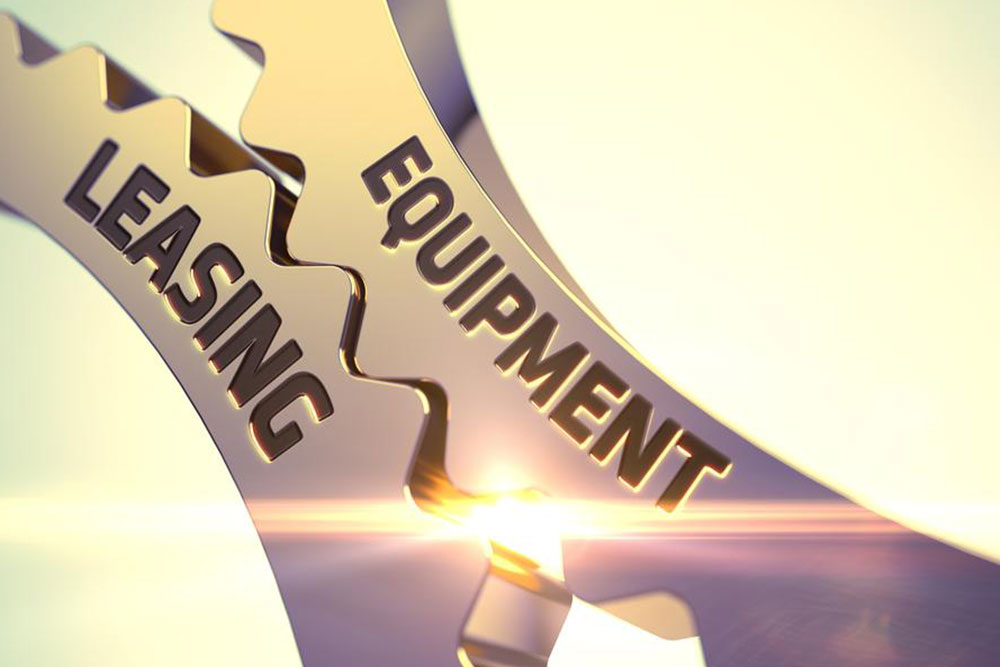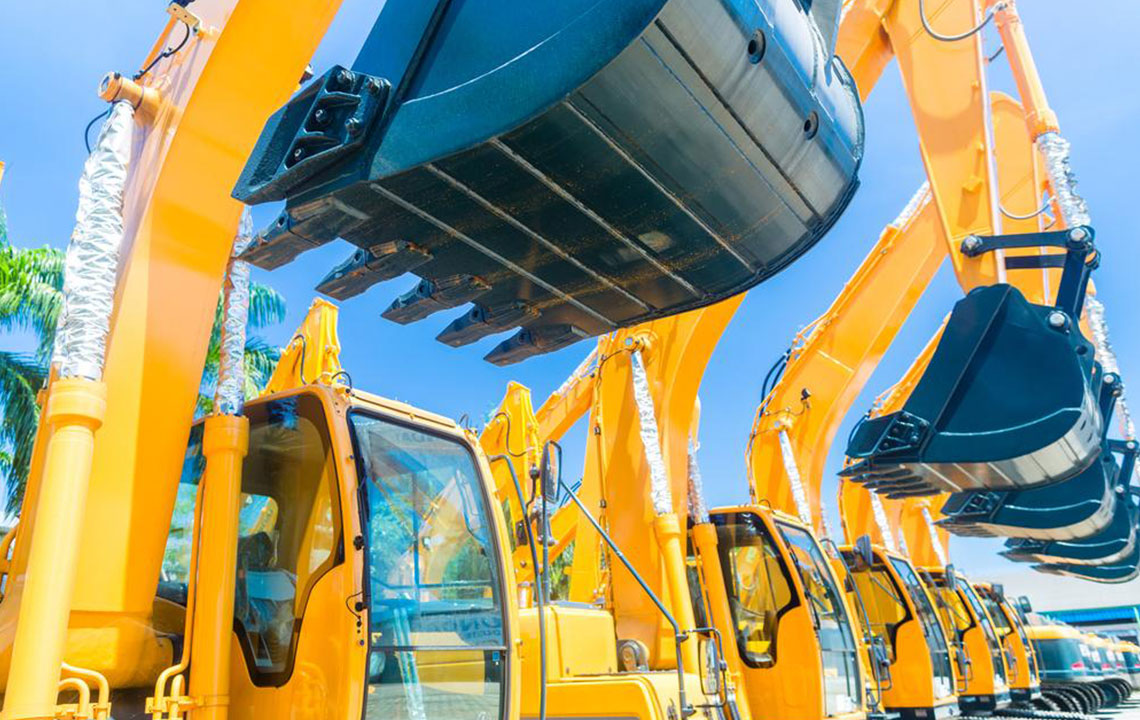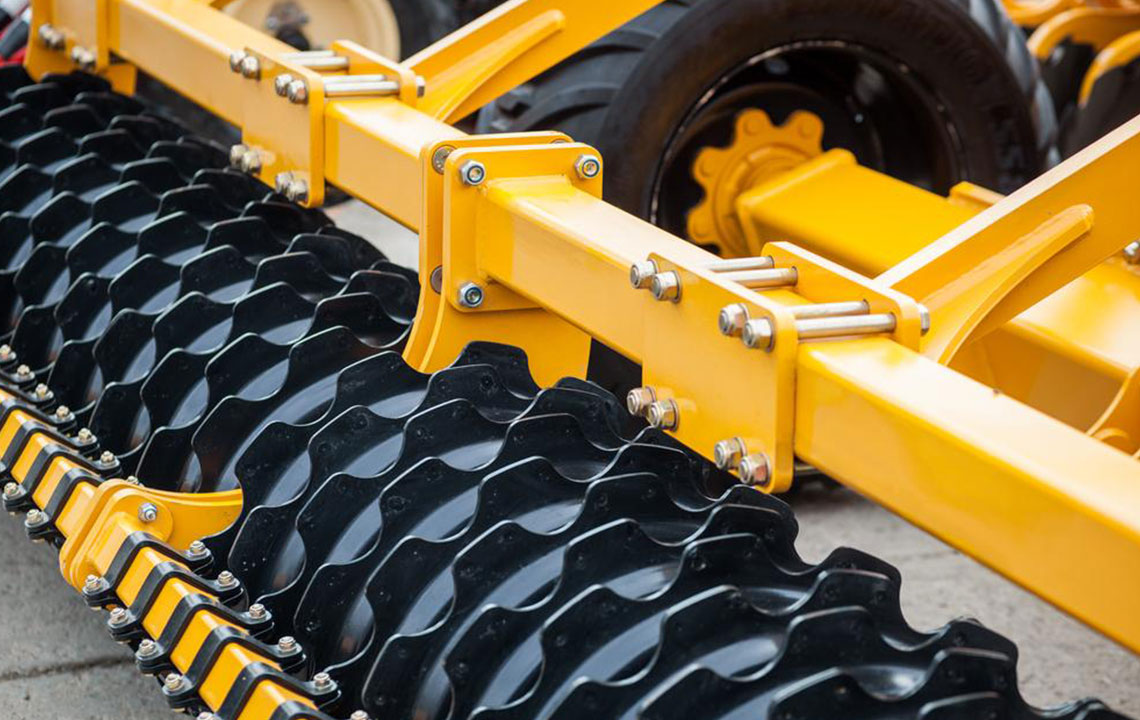Comprehensive Benefits of Equipment Leasing for Modern Businesses
Discover the comprehensive benefits of equipment leasing for businesses. From staying up-to-date with technology and preserving capital to predictable expenses and flexibility for short-term needs, leasing is a strategic approach to optimize operations and growth. Learn how leasing can provide a competitive edge in today's rapidly evolving market landscape.

In today's dynamic business environment, staying ahead with the latest technology and maintaining operational flexibility are critical for success. One strategy that has gained popularity among companies of all sizes is equipment leasing. Unlike traditional purchasing methods, leasing provides businesses with a flexible, cost-effective way to access essential tools, machinery, and technology without the burden of hefty upfront investments or long-term debts. This article explores in detail the numerous benefits of leasing business equipment, how it can enhance operational efficiency, preserve capital, and adapt to rapidly changing technological landscapes.
Leasing equipment offers a practical alternative to outright ownership, especially in industries where staying current with technological advancements is vital. Many sectors, including manufacturing, healthcare, construction, and information technology, depend heavily on the latest equipment to maintain a competitive edge. By leasing, companies can regularly upgrade their tools and machinery, avoiding the pitfalls of obsolescence that often accompany traditional purchases. This proactive approach ensures that businesses operate with state-of-the-art technology, which can translate into improved productivity, better quality output, and increased customer satisfaction.
Stay On Top of Technological Advancements
In the rapidly evolving landscape of technology, equipment becomes outdated quickly. Investing heavily in equipment that may soon become obsolete can be financially draining and counterproductive. Leasing provides an ideal solution as it allows companies to upgrade their technology frequently without the significant expense typically associated with new purchases. For instance, tech firms and creative agencies can lease the latest computers, servers, or design software, ensuring they remain on the cutting edge without the risk of sunk costs in outdated technology. Moreover, leasing agreements often include provisions for regular upgrades, enabling businesses to implement the newest innovations seamlessly.
Preserve Capital and Enhance Cash Flow
One of the primary reasons businesses opt for leasing is to maintain healthy cash flow. Purchasing equipment outright requires substantial capital, which might be better allocated toward growth initiatives, marketing, or expansion efforts. Leasing minimizes or eliminates large upfront costs, as many leasing providers do not require substantial down payments. This accessibility makes leasing an attractive option for startups, small businesses, and firms operating within tight budgets.
Additionally, lease payments tend to be lower and more predictable than traditional loans or credit lines, providing financial consistency and ease of budgeting. By preserving capital, businesses can invest in other critical areas such as workforce development, research and development, or expanding their product lines, ultimately supporting long-term growth and sustainability.
Predictable Expenses Through Fixed Payment Plans
Financial planning becomes more straightforward with leasing agreements that offer fixed-rate payments. Unlike variable-interest loans, leasing payments do not fluctuate over the term of the lease, enabling businesses to budget accurately. Many lease contracts include comprehensive coverage, such as sales tax, installation costs, and user training, which further simplifies financial management.
This predictability allows businesses to avoid unexpected expenses and better forecast their cash flows. For accounting purposes, leasing can also be advantageous, as it often qualifies as an operational expense, providing potential tax benefits and reducing taxable income.
Optimal for Short-Term and Temporary Equipment Needs
Certain projects or business periods demand equipment for only a limited duration. In such cases, leasing offers an efficient solution, removing the burden of long-term commitments. For example, construction companies might lease heavy machinery for a specific project, then return or upgrade the equipment after completion. Similarly, event organizers may lease audio-visual equipment or specialized furniture for short-term use.
Leasing allows for flexibility in managing equipment lifecycle — businesses can easily scale up or down based on project requirements, avoiding surplus equipment accumulation or unnecessary storage costs. Once the purpose is fulfilled, returning or renewing lease agreements simplifies disposal and reduces logistical challenges.
The Strategic Edge of Equipment Leasing
In the competitive landscape of modern commerce, flexibility, cost management, and technological agility are essential. Equipment leasing offers a strategic advantage by enabling businesses to adapt swiftly to changing needs and technological shifts. It fosters financial discipline, supports innovation, and minimizes risks associated with equipment obsolescence and capital drain.
Ultimately, leasing equipment aligns with the core principles of lean operations, allowing companies to optimize resources, improve efficiency, and remain competitive. Whether for upgrading technology, managing short-term projects, or conserving capital for growth, leasing presents a viable and forward-thinking approach to equipment management. Embracing leasing can position your business to respond swiftly to market changes and technological advancements, ensuring sustained success in a fast-paced economy.





